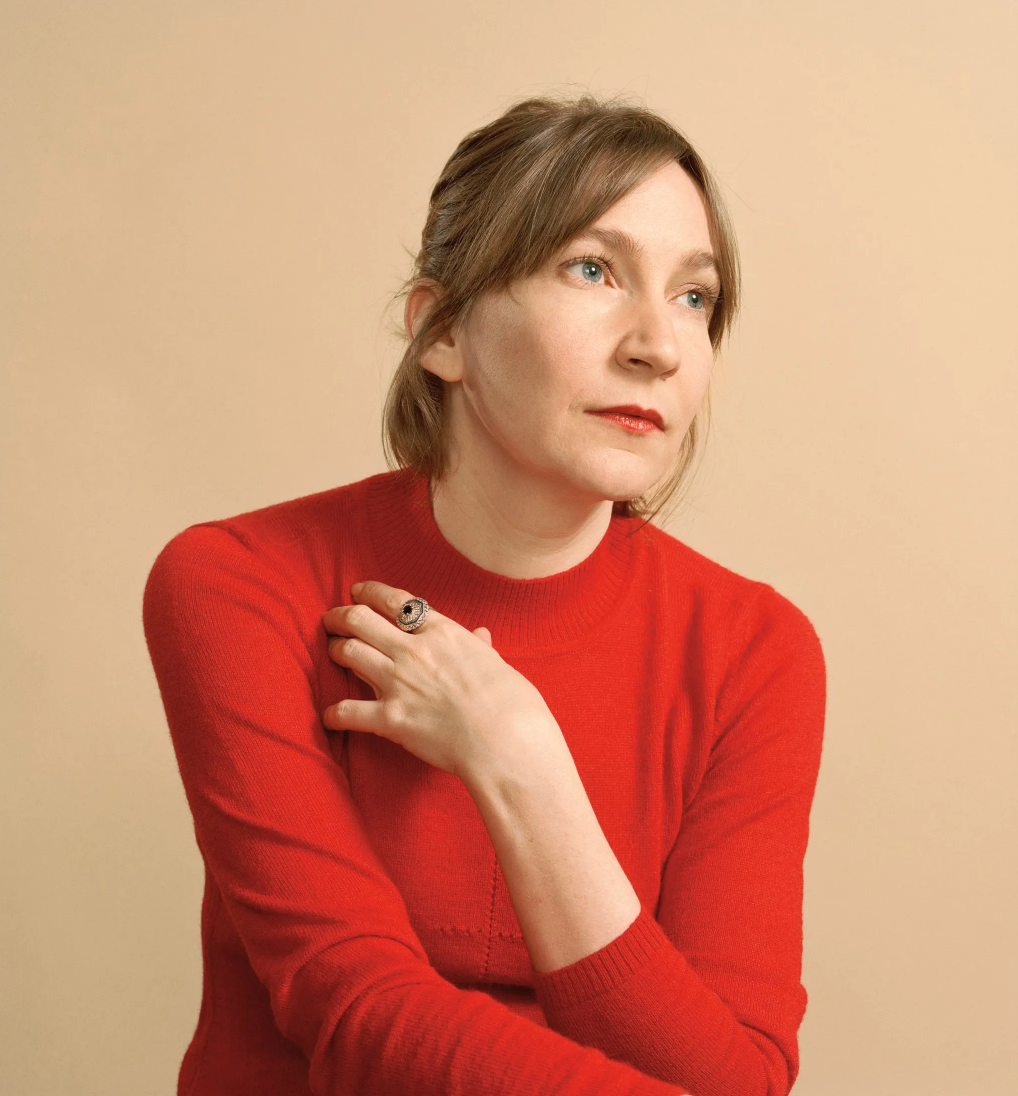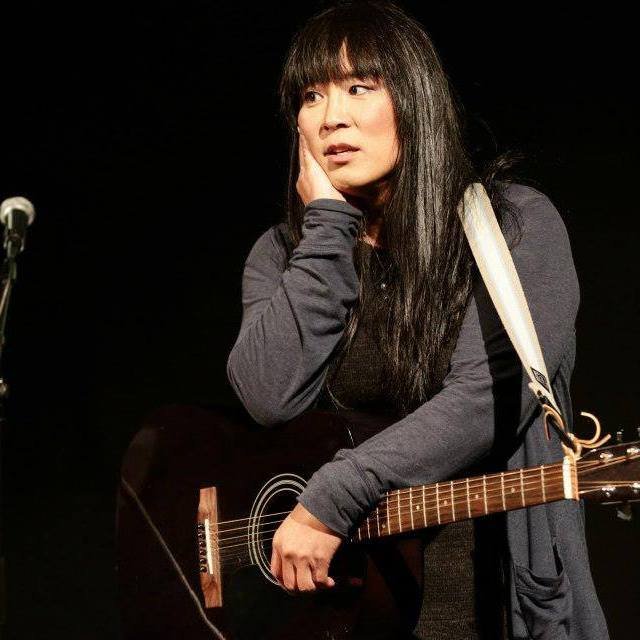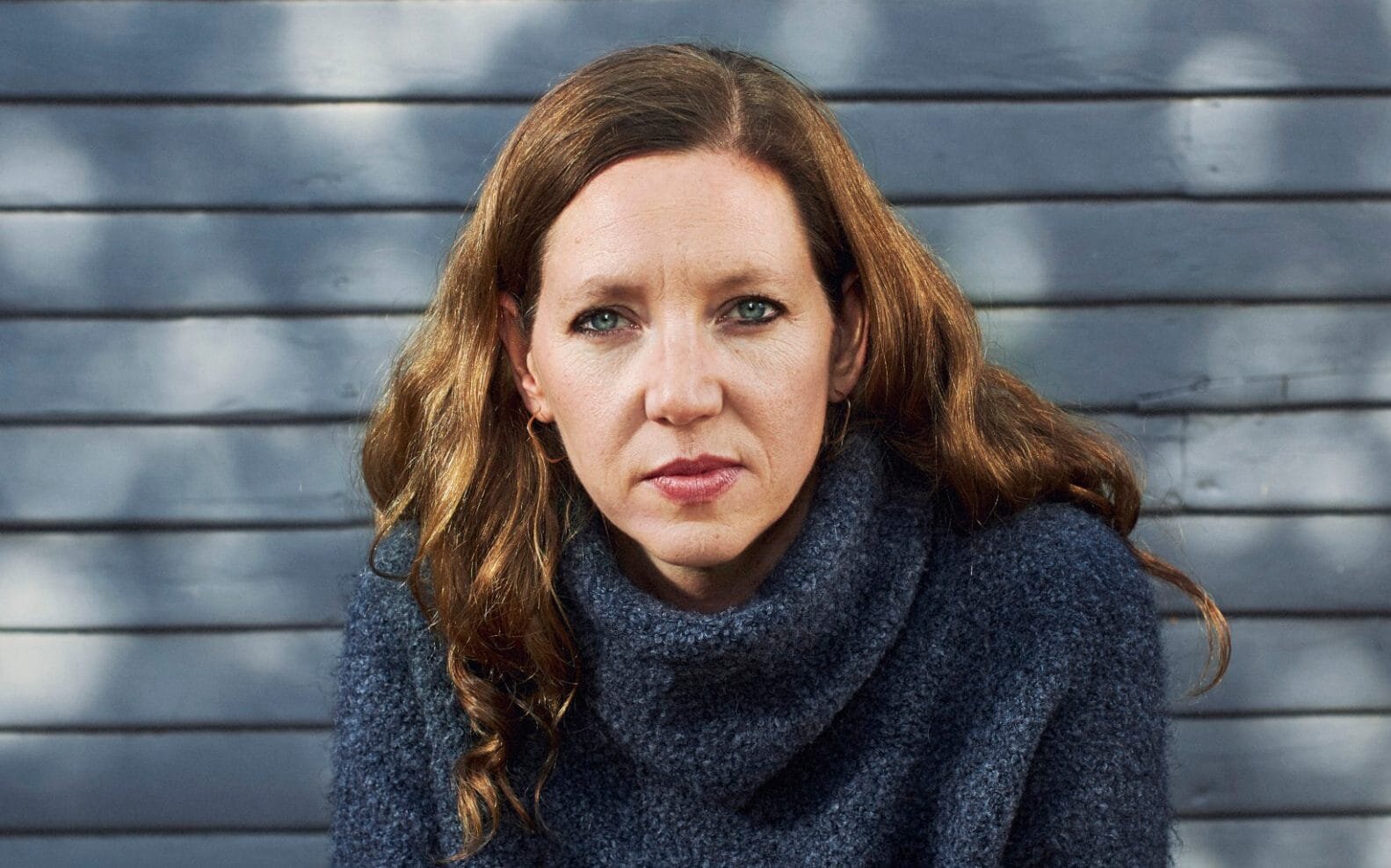Past Episodes:
Sheila Heti on Mourning
“The word mourning feels inappropriate for that literal time of mourning I was in for my father. All the associations with that word were not how I was feeling.”
Carl Erik Fisher on the Myths of Addiction
“So many of our concepts and even our words about addiction—like “disease,” or “permanent,” or the idea of a clear us/them dichotomy, or division between healthy and normal—it’s so freighted. There’s so much to be gained just from the process of undoing.”
Sarah Manguso on the Coldest Silences
“There was this free floating belief that the whiter you were, the colder you were, the scarcer things were, the more of them you had, the less of them everybody else had, and the less you talked about any of it.”
Kiese Laymon on Radical Revision
“It’s hard not to write whack-ass shit if you’re afraid of looking at the parts of yourself and the people around you that you don’t want to look at.”
Leanne Shapton on Committing to the Experiment
“It’s really almost like an oblique decision, like a decision I make with my peripheral vision, with my left hand.”
Katie Kitamura on Intimacy
“I kept thinking of it like, What would it look like for this character to step into her life?”
James Han Mattson On Returning to His Birth Country
“While I was in Korea, I realized that this is what I need to write about, because this is where my soul is, essentially.”
Aimee Bender on the Dread of Writing
“I think the dread is so common, tipping into universal. It’s not true of every writer, but it’s also hard. It’s hard work. It’s hard to be up for whatever is going to bubble up. We don’t know what it’s going to be.”
Ryka Aoki on Fighting Back with Pleasure
“This world can be a really rough place sometimes. But you know what, it’s also a great place. It’s also a place full of compassion and love and noodles and ducks, and there’s always donuts.”
Gregory Pardlo on Sobriety & the Unknown
“Part of the necessary process was not imagining what was on the other side, giving up a desire to know what was on the other side.”
Susan Orlean on the Risky Undertaking
“It’s a lot safer to do a celebrity profile than to write about a couple of oxen in Cuba.”
Saïd Sayrafiezadeh on Leaving the Socialist Workers Party
“There’s a part of me that will always dream of the revolution, that will always be a believer. I don’t know if that’s ever going to go away.”
Warren Ellis on Stealing Nina Simone’s Gum
“I’d be in a restaurant and someone would be looking at my copy I wear around my neck and they’d say, “What is it?” And I’d say, “Oh, it’s a copy of Nina Simone’s chewing gum.” And they would visibly well up in tears.”
Rita Dove on A Decade of Silence
“Things had gotten very loud around me. I heard everybody else’s voice, and I couldn’t hear my own.”
Sanaë Lemoine on the Secret That Changed Her Family
“My father had asked me to not tell anyone. Especially my mother.”
Andrew Martin on Finding Honesty in Fiction
“Even though this is all true, you can still take a tone, you can still find an angle. It doesn’t have to be like, this is all coming straight from the center of my heart.”
Rebecca Carroll on Sticking to Your Own Story
“What I knew for sure — and this comes with age, with being the Black mother of a Black son— I knew that my experience was the truth! Because I was the only one having it!”
Maggie Nelson on Hopelesness-ness
“Hopelessness can be the comedown on the other side of a moment of liberation where you thought everything was going to change, and you feel as if not enough did. “
Alexandra Kleeman on the Dystopian Present
“You try to write your future novels, and that might be the hardest target to hit because the future is just coming at us so quickly.”
Lauren Sandler on the Art & Ethics of Reporting on Poverty
“It just feels like the whole system here when it comes to who gets to write what about whom is broken, and we’re not asking the right questions to fix it.”




















